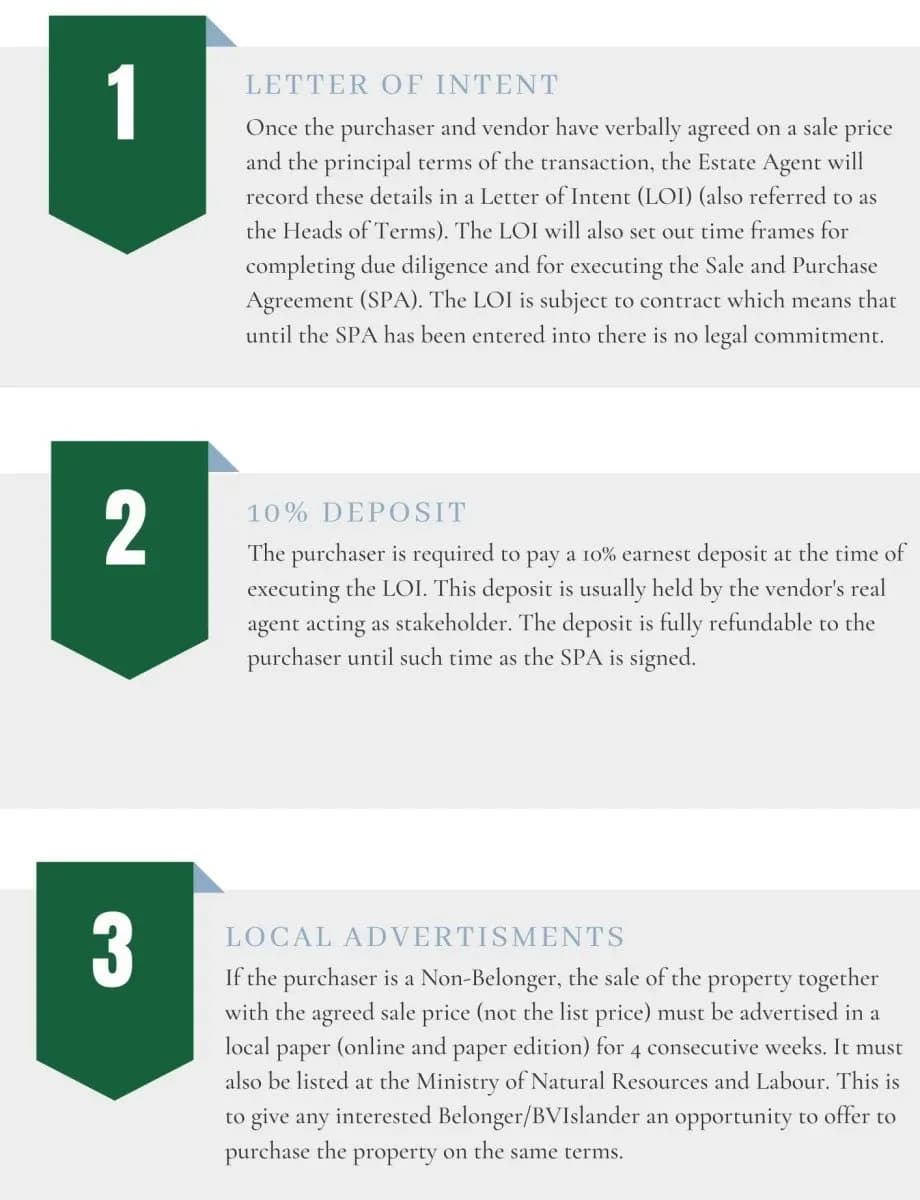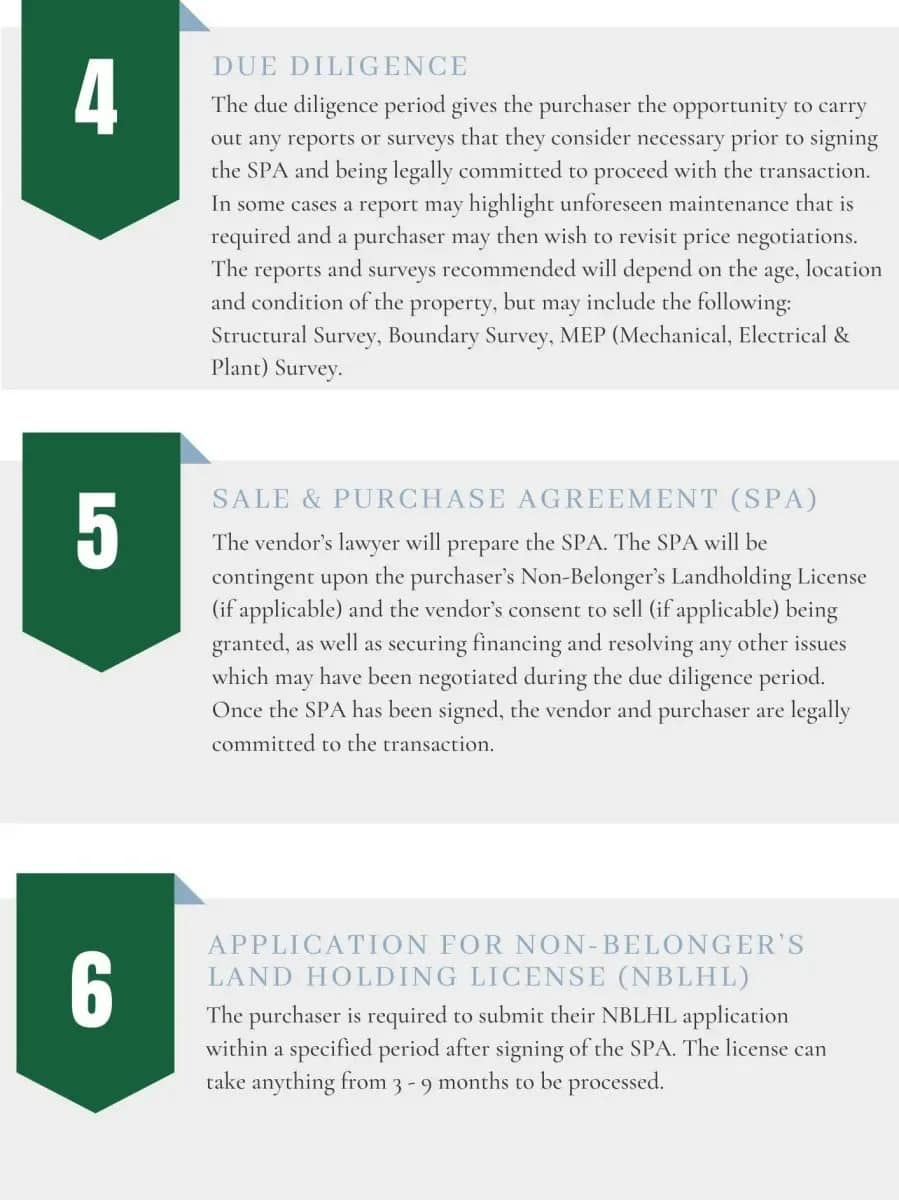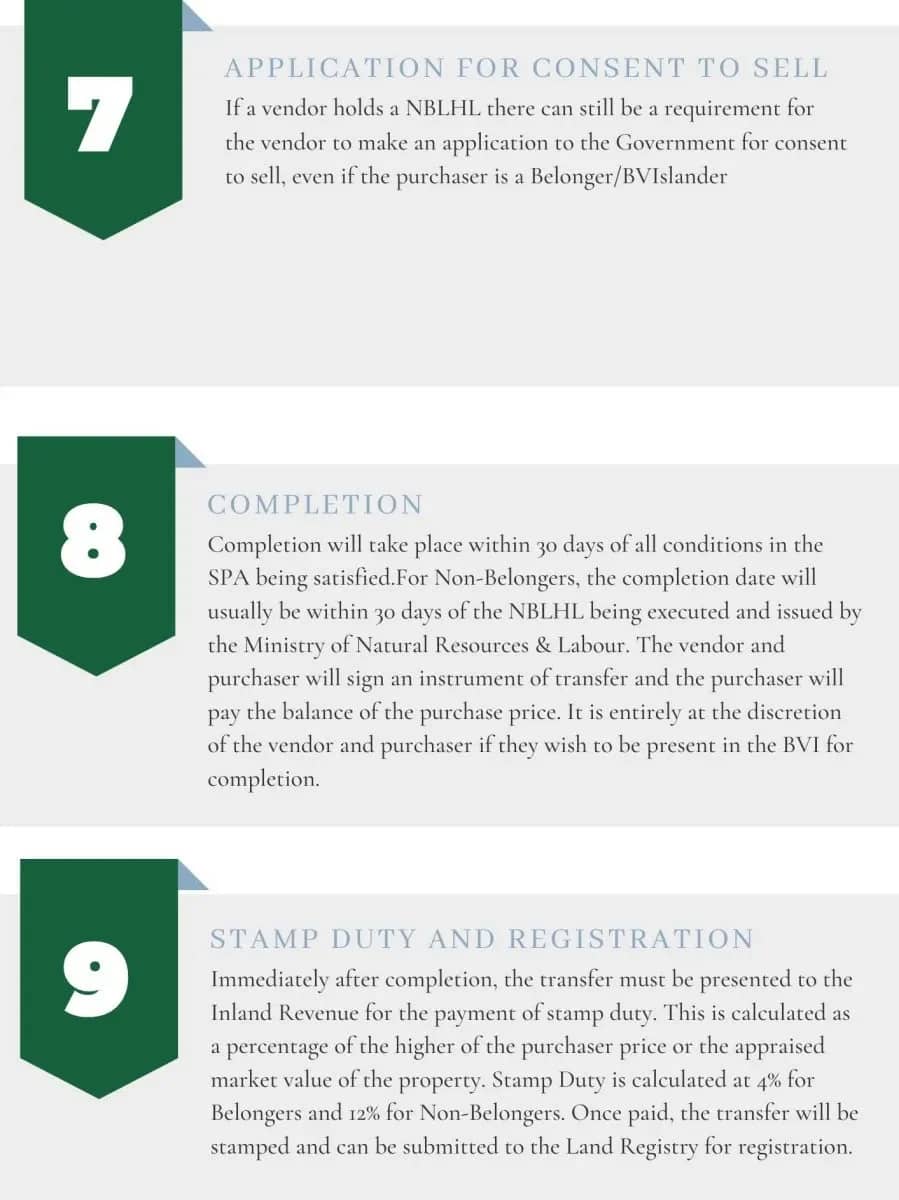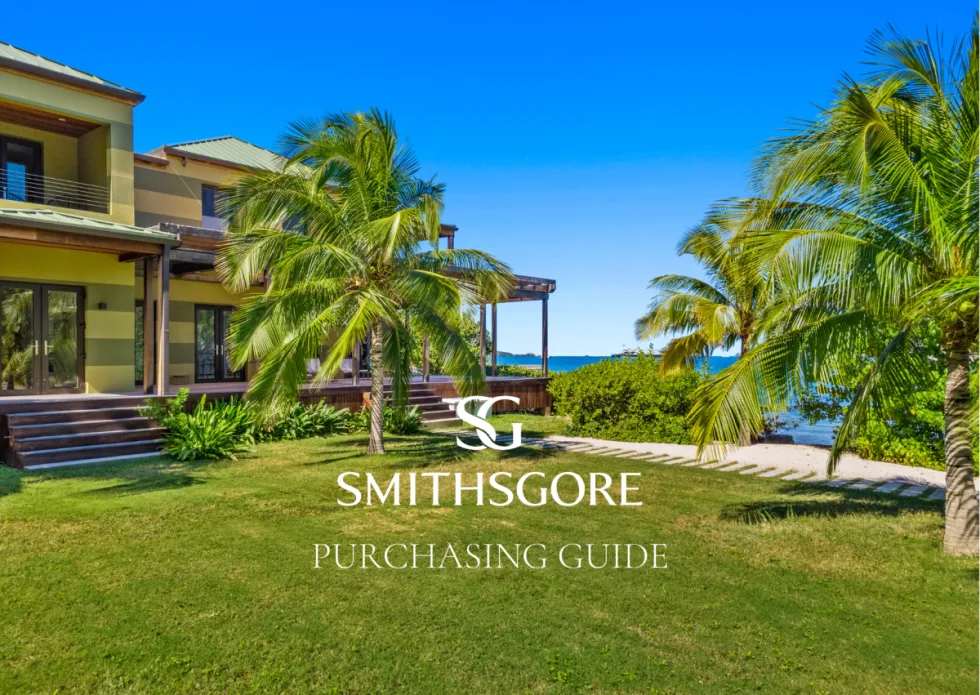The Original BVI Real Estate Agency, since 1965.
The British Virgin Islands (BVI) have long been recognized as a premier destination for those seeking unspoiled natural beauty, world-class sailing, and a relaxed island lifestyle. Whether you’re looking for a private hillside villa overlooking the Caribbean Sea or a beachfront estate with direct water access, the BVI offers a range of high-value real estate opportunities in a tax-efficient jurisdiction. For international buyers, the combination of low crime, political stability, and absence of income or capital gains tax adds to the region’s appeal.
Navigating the BVI real estate market, however, requires specialized knowledge—especially for non-residents. That’s where Smiths Gore comes in. Established in 1965, Smiths Gore has been the leading force in BVI property for over five decades. With a reputation built on professionalism, discretion, and deep local insight, our team provides a tailored, full-service experience for both buyers and sellers. From the initial consultation through to final closing, Smiths Gore is your trusted advisor—offering real estate expertise across residential, commercial, and development markets throughout the British Virgin Islands.
In this guide, we’ll walk you through everything you need to know to purchase property in the BVI: from legal requirements and financing options to taxes, infrastructure, and licensing. Whether you’re an overseas investor or simply dreaming of your own Caribbean retreat, this comprehensive overview will help you make informed decisions with confidence.
Step-by-Step Purchase Process
Purchasing property in the British Virgin Islands follows a structured legal process designed to protect both buyer and seller. While the overall procedure is straightforward, understanding each step is essential—particularly for overseas investors. Below is a detailed walkthrough of the key stages from initial offer to contract execution:
1. Letter of Intent (LOI)
Once both parties have verbally agreed on a sale price and the basic terms of the transaction, these details are formally documented in a Letter of Intent (LOI), also known as the Heads of Terms. The LOI outlines the proposed agreement between the purchaser and the vendor, including property details, agreed price, conditions of sale, and critical timelines for the next steps—such as due diligence and final contract preparation. It is important to note that the LOI is non-binding and subject to contract. This means that neither party is legally committed until the Sale and Purchase Agreement (SPA) is signed. However, the LOI serves as a roadmap, guiding both legal teams through the next stages of the transaction.
2. 10% Deposit
At the time of executing the LOI, the purchaser is required to submit a 10% earnest deposit as a demonstration of good faith. This deposit is typically held in escrow by the vendor’s real estate agent, acting as a neutral stakeholder. During this period, the deposit is fully refundable—providing the purchaser an opportunity to conduct due diligence without the risk of financial loss. Once the Sale and Purchase Agreement is signed, the deposit becomes non-refundable, and the transaction moves into its final stages.
3. Local Advertisements (For Non-Belongers)
If the purchaser is classified as a Non-Belonger (i.e., not a native or legally recognized permanent resident of the BVI), local advertising of the sale is a mandatory requirement. The law requires that the agreed sale price—not the original listing price—be published in both print and digital editions of a local newspaper for four consecutive weeks. Additionally, notice of the sale must be submitted to the Ministry of Natural Resources and Labour. This advertising window gives Belongers (BVI Islanders) a statutory opportunity to match the agreed purchase terms. If no competing offers are made during this period, the transaction can proceed to the next phase: preparation and execution of the Sale and Purchase Agreement.
4. Due Diligence
The due diligence period is a critical phase in the purchase process. It allows the buyer to thoroughly evaluate the property before becoming legally bound under the Sale and Purchase Agreement (SPA). During this time, the purchaser may commission professional reports to assess the physical condition, legal status, and value of the property. Depending on the age, location, and type of property, recommended surveys might include:
- Structural Survey – evaluates the integrity of the building’s framework, materials, and general condition.
- Boundary Survey – confirms the legal boundaries of the property to avoid future disputes.
- MEP Survey – inspects mechanical, electrical, and plumbing systems to ensure safety and compliance.
If any issues are uncovered—such as structural repairs or outdated infrastructure—the purchaser may revisit price negotiations or request remedial action from the seller. This period is your opportunity to make a fully informed decision, and Smiths Gore can coordinate with trusted professionals to guide you through each assessment.
5. Sale & Purchase Agreement (SPA)
Once due diligence is completed and no outstanding issues remain, the vendor’s lawyer will draft the Sale and Purchase Agreement (SPA). This formal contract solidifies the transaction and includes all agreed-upon terms, including price, deposit, contingencies, and completion date.
For Non-Belongers, the SPA will typically be conditional on:
- Approval of the Non-Belonger’s Land Holding License (NBLHL),
- The vendor’s official consent to sell, if required,
- Confirmation of financing arrangements, if applicable.
Once both parties sign the SPA, they are legally committed to completing the transaction. At this point, the purchaser’s deposit becomes non-refundable, and the sale enters its final legal stages.
6. Application for Non-Belonger’s Land Holding License (NBLHL)
Non-Belongers cannot legally own property in the BVI without obtaining a Non-Belonger’s Land Holding License. This application must be submitted shortly after signing the SPA. The license is specific to the property being purchased and is non-transferable.
The process is managed by the purchaser’s lawyer and involves submission of personal references, financial disclosures, police certificates, and property documentation. The application is reviewed by the Ministry of Natural Resources and Labour, then submitted to Cabinet for approval. Final execution requires the Governor’s signature.
Processing time varies but generally takes 3 to 9 months. During this period, the property is taken off the market and held for the purchaser. Smiths Gore works closely with legal teams to ensure applications are completed efficiently and submitted without delay.
7. Application for Consent to Sell
In certain cases, even if the seller is already a Non-Belonger who holds a valid Non-Belonger’s Land Holding License (NBLHL), they may still be required to obtain Government consent to sell the property. This rule can apply regardless of whether the purchaser is a Belonger or another Non-Belonger. The consent is a formal process and acts as a secondary level of oversight by the Government to ensure compliance with landholding regulations. The vendor's attorney typically handles this application, which must be completed before the transaction can proceed to closing.
8. Completion
Once all conditions in the Sale and Purchase Agreement have been satisfied—including the issuance of the NBLHL and any required consents—the transaction moves to completion. This typically occurs within 30 days of the final condition being fulfilled.
On the completion date:
- The purchaser pays the remaining balance of the purchase price.
- Both parties sign an Instrument of Transfer, which legally conveys ownership.
- Legal title is officially transferred.
There is no requirement for either party to be physically present in the British Virgin Islands at this stage; completion can be handled remotely via legal representatives. However, some purchasers choose to attend in person for final inspections or to take possession of the property directly.
9. Stamp Duty and Registration
Following completion, the final step is to settle the Stamp Duty and formally register the transaction:
Stamp Duty is calculated on the higher of either the purchase price or the independently appraised market value of the property.
- Belongers pay a rate of 4%
- Non-Belongers pay 12%
Once Stamp Duty is paid to the Inland Revenue Department, the transfer document is stamped and can then be submitted to the Land Registry for official recording. This registration finalizes the buyer’s legal ownership of the property.
View here for the procedure when it comes to purchasing property in the British Virgin Islands.



The Non-Belonger’s Land Holding License (NBLHL)
For all overseas buyers—including UK citizens and foreign nationals—the Non-Belonger’s Land Holding License (NBLHL) is a legal requirement when purchasing property in the British Virgin Islands. This license is issued by the Government of the BVI and grants the legal right to own land or property in the territory. Importantly, the license is specific to the property being purchased and non-transferable, meaning it cannot be applied to other properties or reassigned to other individuals or entities.
When and How to Apply
The application for the NBLHL can only be submitted after the Sale and Purchase Agreement (SPA) has been signed by both buyer and seller. At that point, your appointed local attorney—typically the same firm handling your SPA—will compile and submit the license application to the Ministry of Natural Resources and Labour. The Ministry will assess the documentation and, if deemed complete and compliant, will escalate the application to Cabinet for formal review and approval.
Once the Cabinet grants preliminary approval, the applicant’s lawyer must submit a draft of the license for final vetting. The finalized (or “engrossed”) license is then forwarded to the Governor of the BVI for signature. Once signed, the license becomes legally binding, allowing the transaction to proceed to completion.
Processing Timeline
The time required to obtain a NBLHL varies depending on administrative load and complexity of the application, but buyers should plan for a processing window of 3 to 9 months. During this time, the property remains reserved for the buyer, but the transaction cannot close until the license is fully approved and executed.
Required Documentation
To ensure timely processing, buyers should be prepared to submit a comprehensive set of personal and property-related documents. These include:
For Individuals:
- Two personal reference letters (character references)
- Recent financial statements or proof of funds
- Police clearance certificate from your country of residence
- Passport-sized photograph
- Copy of a valid passport
For Companies (if purchasing through a legal entity):
- Memorandum & Articles of Association
- Certificate of Incorporation
- Certificate of Good Standing
- Certificate of Incumbency (confirming directors/shareholders)
- Identification and references for all directors/shareholders
For the Property:
- Independent property appraisal
- Copies of four consecutive weeks of public advertisements (required for Non-Belonger sales)
- As-Built Survey confirming current layout and improvements
Government Fees
The following fees apply to the NBLHL application process:
| Fee Type | Individuals | Companies |
|---|---|---|
| Application Fee | $200 per person | $500 per company |
| License Fee | $600 per person/shareholder/director | $100 per company |
These fees are in addition to legal fees and any other transaction-related costs.
Legal Requirements & Representation
Legal representation is essential when purchasing property in the British Virgin Islands, particularly for overseas buyers unfamiliar with the territory’s legal framework. Engaging a qualified local law firm ensures the process is handled professionally and in full compliance with BVI regulations.
Your lawyer plays a central role in the transaction from start to finish. They will:
- Conduct title investigations to confirm the seller’s legal right to sell and to identify any liens, encumbrances, or disputes affecting the property.
- Draft and negotiate the Sale and Purchase Agreement (SPA) to reflect the agreed-upon terms and protect your interests.
- Handle the application process for the Non-Belonger’s Land Holding License (if applicable), including preparing and submitting all required supporting documentation.
- Coordinate with the Inland Revenue Department and Land Registry to manage stamp duty payments and ensure the property transfer is properly recorded after completion.
Legal fees are typically calculated at approximately 1% of the purchase price, plus any disbursements (e.g., government fees, courier charges, certification costs). While this fee structure is standard, it can vary slightly depending on the complexity of the transaction. Smiths Gore works closely with trusted legal partners and can recommend experienced attorneys to guide you through every legal aspect of the purchase with clarity and confidence.
Taxes & Fees
Understanding the tax structure in the British Virgin Islands is crucial for prospective buyers, especially Non-Belongers. Fortunately, the BVI offers one of the most tax-friendly environments in the Caribbean, making it an attractive destination for real estate investment.
Stamp Duty is the primary transactional tax when purchasing property:
- Non-Belongers are required to pay 12% of the higher of the appraised market value or the agreed purchase price.
- Belongers benefit from a reduced rate of 4%.
This payment is made immediately after completion and must be settled before the property can be officially registered at the Land Registry. The Inland Revenue Department issues a stamp on the Instrument of Transfer once payment is received.
Annual Property Tax, known locally as Land and House Tax, is modest by international standards. This tax is assessed annually and is due between September 1st and November 30th each year. The exact amount depends on the size, use, and location of the property, but in general:
- Most average residential properties incur around $500 per year.
- Unimproved land and commercial properties are taxed at separate, favorable rates.
Tax Advantages in the BVI are a major incentive for property ownership. There are:
- No income taxes
- No capital gains taxes
- No inheritance or estate taxes
- No wealth or gift taxes
This low-tax environment creates long-term financial efficiency for individuals and families acquiring real estate in the territory. For those structuring ownership through entities, the BVI also offers robust corporate and trust legislation with favorable tax implications.
Financing Options
Financing a property purchase in the British Virgin Islands is possible through several local and regional banks, many of which offer mortgage services tailored to both residents and overseas investors. While cash purchases are common, especially for international buyers, mortgage financing remains a viable and accessible option.
Local Banks Offering Mortgages include:
- VP Bank (BVI) Ltd
- FirstCaribbean International Bank
- Republic Bank
- 1First Bank
- Banco Popular
- National Bank of the Virgin Islands
These institutions provide a full range of banking services, including residential and construction loans. Each bank has its own lending criteria, and Smiths Gore can assist in identifying the most suitable institutions based on your profile and purchase needs.
Financing Terms for Overseas Buyers generally include:
- Up to 80% loan-to-value (LTV), based on the lower of the appraised value or purchase price.
- Loan terms ranging from 15 to 30 years.
- Competitive interest rates, often variable but negotiable depending on the borrower's financial profile.
- Proof of income, creditworthiness, and net worth are typically required.
- For construction loans, funds are disbursed in stages based on progress inspections.
While banks are open to lending to Non-Belongers, the process can be more document-intensive and time-consuming. Pre-approval is strongly advised before signing the Sale and Purchase Agreement if financing will be involved. Smiths Gore can connect buyers with experienced mortgage advisors and local bank representatives to ensure a smooth and efficient financing experience.
Residency & Immigration Considerations
Purchasing property in the British Virgin Islands does not automatically confer residency rights. However, owning property can support your ability to stay in the territory for extended periods and may strengthen applications for longer-term residency status.
Residency Limits for Non-Belongers
Once a Non-Belonger has secured a Non-Belonger’s Land Holding License (NBLHL), they are generally permitted to remain in the BVI for up to six months per calendar year. This stay is granted at the discretion of the Immigration Department and typically aligns with the license’s validity.
Application for Annual Residency
If a property owner wishes to spend more than six months in the BVI in any given year, they must apply for annual residency through the Immigration Department. While the process does not guarantee approval, owning property demonstrates a vested interest in the territory, which can positively influence the application.
Important to note:
- Employment is not permitted under either the NBLHL or annual residency. Individuals wishing to work must secure a work permit through an approved employer.
- Annual residency applications often require proof of property ownership, financial self-sufficiency, and clean criminal records.
Work Permits & Trade Licenses
While owning property in the British Virgin Islands offers lifestyle and investment advantages, it does not grant the right to work or operate a business in the territory. Strict regulations apply to all forms of employment and commercial activity, especially for Non-Belongers.
Work Permits
Any expatriate wishing to engage in employment within the BVI must first obtain a work permit. These are issued only when it can be demonstrated that a qualified local candidate is not available to fill the position. The permit application must be submitted by the prospective employer, not the employee, and includes proof of qualifications, health clearance, and a clean police record. Property ownership does not exempt a person from this process.
Trade Licenses
If you intend to operate a business—whether full-scale or as a small vacation rental—you must obtain a Trade License from the Department of Trade, Investment Promotion & Consumer Affairs. This requirement applies to all business types, including:
- Property management services
- Short-term vacation rentals (e.g., Airbnb or VRBO)
- Commercial leasing or any business activity conducted from your property
Trade license applications must include a business plan, proof of compliance with planning regulations, and in some cases, local partnership documentation. These rules are enforced to protect local industry and ensure regulatory compliance.
Utilities & Infrastructure
Understanding the utility landscape in the British Virgin Islands is essential for buyers, especially those unfamiliar with island infrastructure. While many areas are well-serviced, some properties—particularly those in more remote or hillside locations—may rely on independent systems.
Electricity
The BVI operates on a 110-volt, 60-cycle system, similar to the U.S. Power is generally reliable, though outages can occur during storms or maintenance. For this reason, many homes—especially luxury villas—are equipped with backup generators to ensure uninterrupted service.
Water
Main water supply is available in many developed areas but can be intermittent or unavailable in more remote locations. As a result, most properties feature rainwater catchment systems, which collect water from rooftops and store it in underground cisterns built into the home’s foundation. Drinking water is typically supplemented with bottled water or filtration systems to ensure safety and taste quality.
Sewerage
A central sewerage system exists primarily in Road Town and some nearby communities. Elsewhere in the BVI, properties utilize private septic tanks, which are standard for residential developments and require periodic maintenance. Properly designed systems are safe, efficient, and environmentally sound.
Propane Gas
Cooking and some appliances operate on propane gas, which is supplied in refillable cylinders. These are easily delivered throughout the islands and are the preferred energy source for stoves, dryers, and water heaters in off-grid or hybrid-energy homes. Smiths Gore provides buyers with a full orientation of each property’s utility setup and can advise on upgrades or service providers to ensure comfort, efficiency, and self-sufficiency in any location.
Work with Smiths Gore
Purchasing property in the British Virgin Islands is a significant investment, and having the right partner makes all the difference. With over 50 years of experience, Smiths Gore offers unmatched local expertise, deep regulatory knowledge, and a client-first approach that ensures every transaction is smooth, secure, and strategically sound.
We provide full-service support throughout the entire buying process—from property tours and due diligence coordination to legal guidance and post-completion assistance. Whether you're a first-time investor or adding to your Caribbean portfolio, our team is committed to protecting your interests and maximizing your investment potential.
Ready to begin your property journey in the BVI? Contact Smiths Gore today for trusted, personalized guidance every step of the way.





